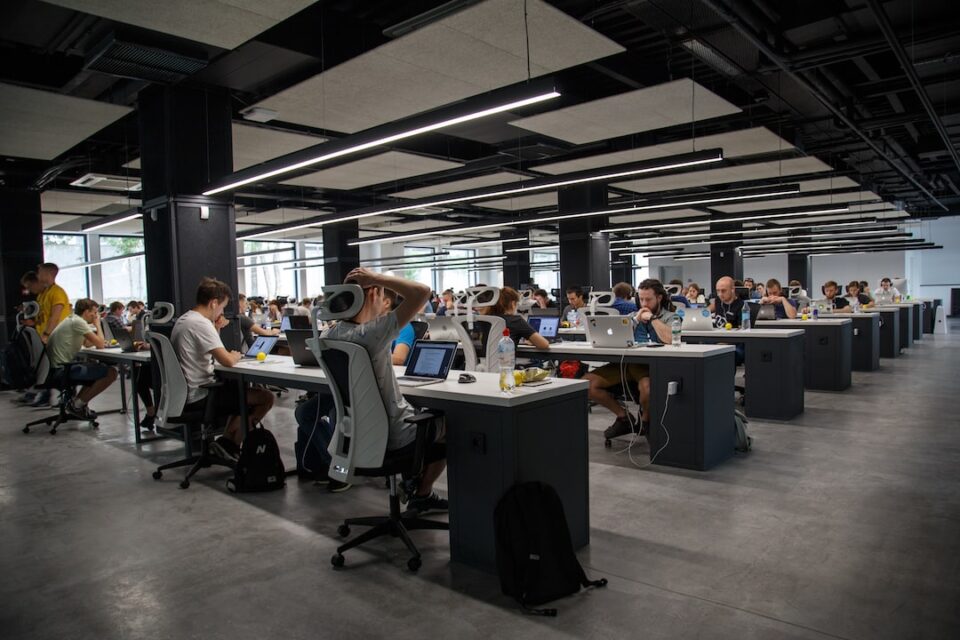The Internet of Things: Connecting Devices for a Smarter Home and City
The Internet of Things, or IoT, has become a buzzword in recent years, promising to revolutionize the way we live and interact with the world around us. Simply put, IoT refers to the network of interconnected devices that communicate and share data with each other. This technology has the potential to transform our homes and cities, making them more efficient, convenient, and sustainable.
One of the most remarkable applications of IoT is in our homes. Imagine waking up to a house that knows your routine and automatically adjusts the temperature, lighting, and even the coffee maker to your liking. With IoT devices, such as smart thermostats, smart bulbs, and smart coffee machines, this is not a fantasy but a reality. These devices connect to each other and to the internet, allowing you to control them remotely using your smartphone or voice commands. You can program your home to anticipate your needs and make your life more comfortable and convenient.
But IoT goes beyond convenience; it also has the potential to make our homes safer and more secure. Smart security systems, equipped with motion sensors, cameras, and door/window alarms, can detect and alert you of any unusual activity. With IoT, you can monitor your home from anywhere in the world, ensuring peace of mind even when you are away. In case of a break-in or other emergencies, these devices can alert the authorities and provide them with real-time information, increasing the chances of catching the culprit and minimizing the damage.
IoT is not limited to homes; it is also transforming our cities, making them smarter and more sustainable. Smart cities use IoT technology to improve infrastructure, transportation, energy, and waste management. Intelligent traffic systems can reduce congestion and improve the flow of vehicles, saving time and fuel. Smart parking solutions can help drivers find parking spaces quickly and efficiently, reducing the frustration of endless searching. By optimizing public transportation systems, IoT can make commuting easier and encourage people to use more sustainable modes of transportation.
Energy consumption is a major concern in cities, and IoT can play a significant role in reducing it. Smart grids and smart meters can monitor and manage electricity usage, allowing for efficient distribution and consumption. By analyzing data from various sensors and devices, cities can identify areas of high energy consumption and implement measures to reduce wastage. These measures not only save money but also contribute to the overall sustainability of the city.
Waste management is another area where IoT can make a difference. Smart bins equipped with sensors and compaction technology can monitor their fill levels and notify waste management services when they need to be emptied. This reduces the frequency of collection trips, saving fuel and reducing greenhouse gas emissions. Additionally, IoT can facilitate recycling by providing real-time information on recycling centers’ availability and locations, encouraging residents to recycle more effectively.
However, as promising as the IoT may be, it also comes with its challenges. Data security and privacy are major concerns, as the more connected devices we have, the more vulnerable we are to cyber-attacks. Additionally, the sheer volume of data generated by IoT devices can be overwhelming, requiring efficient storage and processing systems. Furthermore, there is a need for industry standards and interoperability among various IoT devices and platforms to ensure seamless connectivity and maximum utilization of resources.
In conclusion, the Internet of Things has the potential to transform our homes and cities, making them smarter, more efficient, and sustainable. From smart homes that anticipate our needs to smart cities that optimize transportation and energy management, IoT is revolutionizing the way we live. While there are challenges to overcome, such as data security and interoperability, the benefits of a connected world outweigh the risks. As technology continues to advance, we can expect to see even more innovative applications of IoT, making our lives easier, safer, and more enjoyable.

